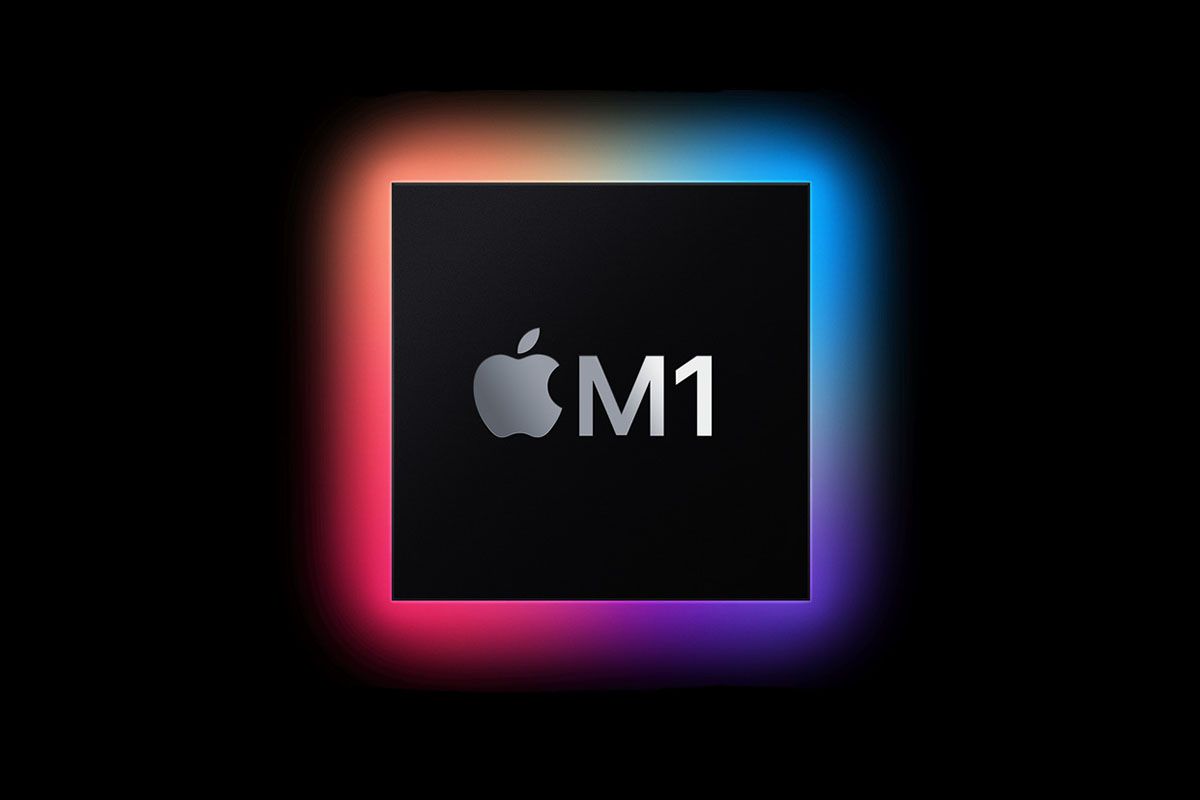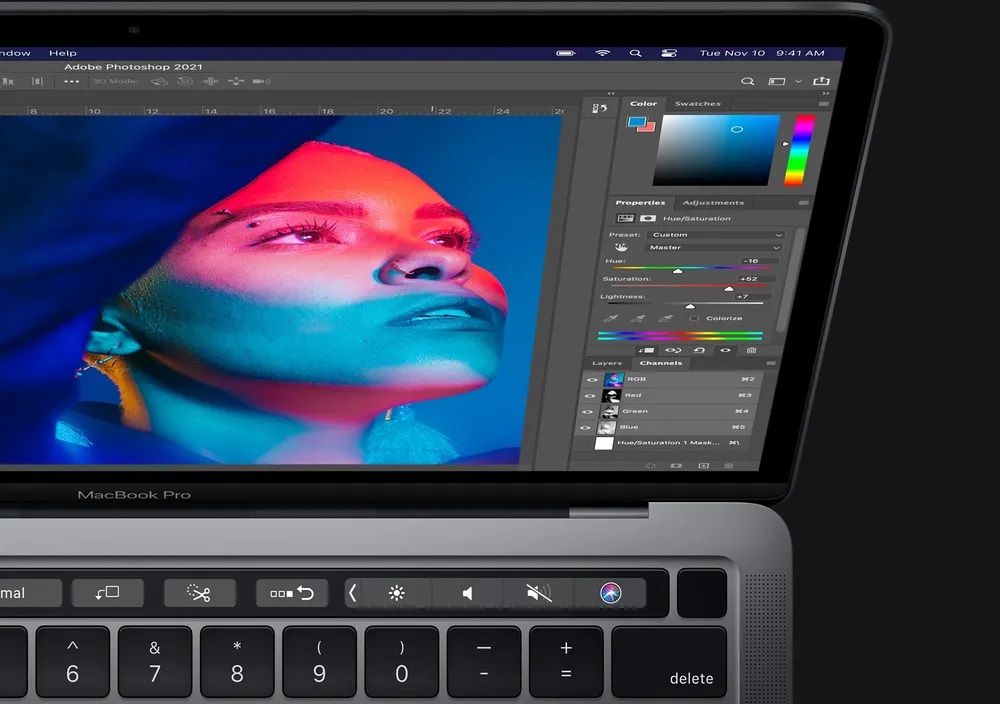Apple’s transition from Intel to its own ARM chipset for Mac products is going smoother than expected. Adobe has now released Photoshop for Apple's M1-based Macs adding an important piece of software for creative professionals; while Visual Studio has also begun supporting the new silicon.
Adobe says that the newly made Photoshop software for the M1 runs natively and is 50% faster compared to Intel-powered equivalent laptops. As per Photoshop product manager Pam Clark, "Our internal tests show a wide range of features running an average of 1.5x the speed of similarly configured previous generation systems." These tests included applying editing filters, opening and saving files, and using automated tools for filling in regions and selecting subjects. A new Super Resolution feature will also be available via the Adobe Camera Raw plugin which uses machine learning to boost the resolution of an image with a single click, producing higher quality results than before.
Additionally, Visual Studio Code version 1.54, which was released last month, is also supported by Apple Silicon. “We are happy to announce our first release of stable Apple Silicon builds this iteration. Users on Macs with M1 chips can now use VS Code without emulation with Rosetta and will notice better performance and longer battery life when running VS Code. Thanks to the community for self-hosting with the Insiders build and reporting issues early in the iteration,” the company said in a post.
Users can grab the default download of Visual Studio Code for macOS, which is now a Universal build capable of running natively on all Macs. One can also find more links under the downloads section to get architecture-specific builds for Intel or Apple Silicon, which are notably smaller compared to the Universal package.
These new additions mean that Apple is heading in the right direction with its in-house chips. The company is expected to launch more Mac products later this year, with an even more powerful version of the M1 chip launched last year. Expect new MacBooks, iMac, and Mac Pro to soon launch with Apple’s ARM-based chips.


